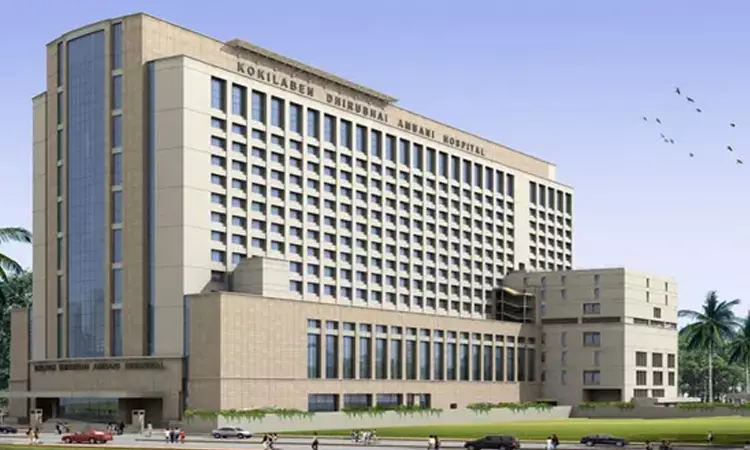NCDRC Directs Kokilaben Dhirubhai Ambani Hospital And It's Doctor To Pay ₹ 40 Lacs Compensation To A Patient
Charu Singh
27 Dec 2022 10:30 AM IST

Next Story
27 Dec 2022 10:30 AM IST
The National Consumer Disputes Redressal Commission (NCDRC) bench comprising Dr. S.M. Kantikar as the presiding member held a doctor (Opposite Part No.2) of Kokilaben Dirubhai Ambani Hospital and Medical Research Centre (Opposite Party No. 1) liable for omission and commission during the treatment of the patient. The hospital was held vicariously liable for deficiency in services....
